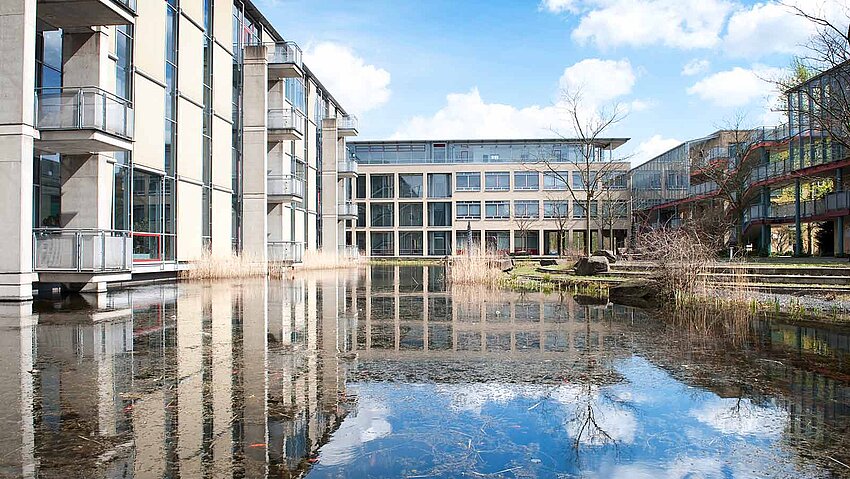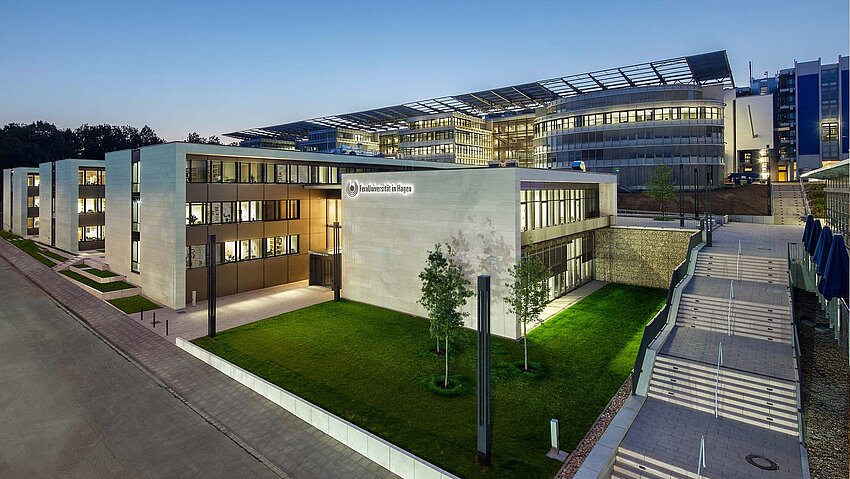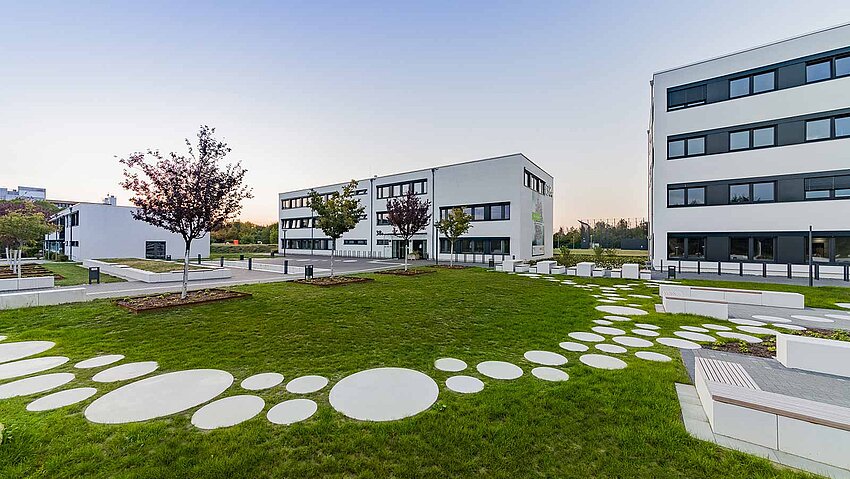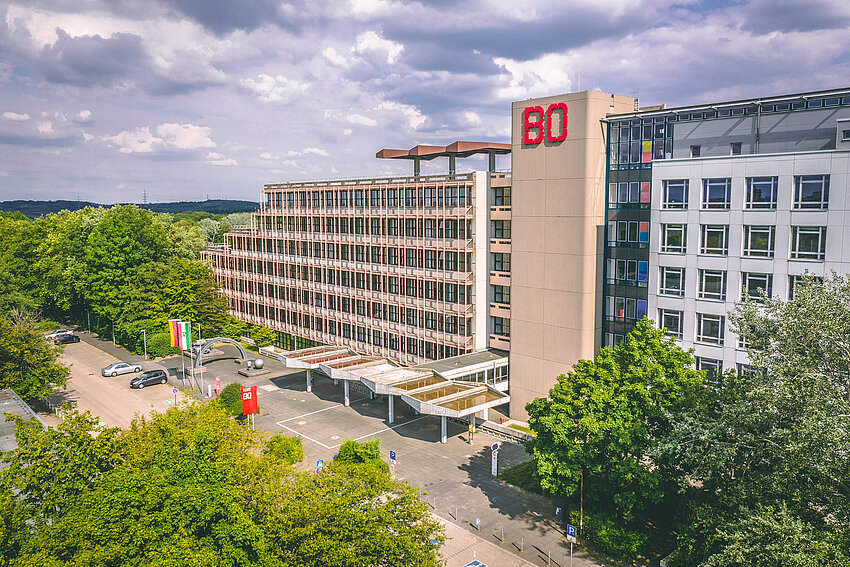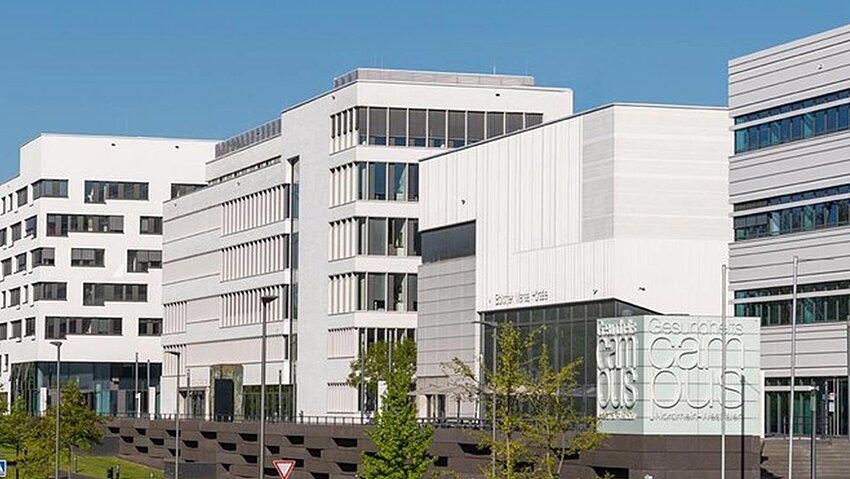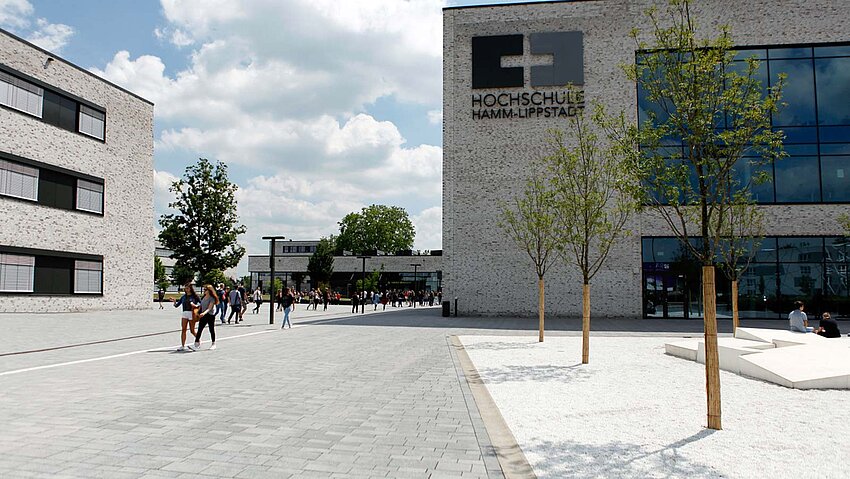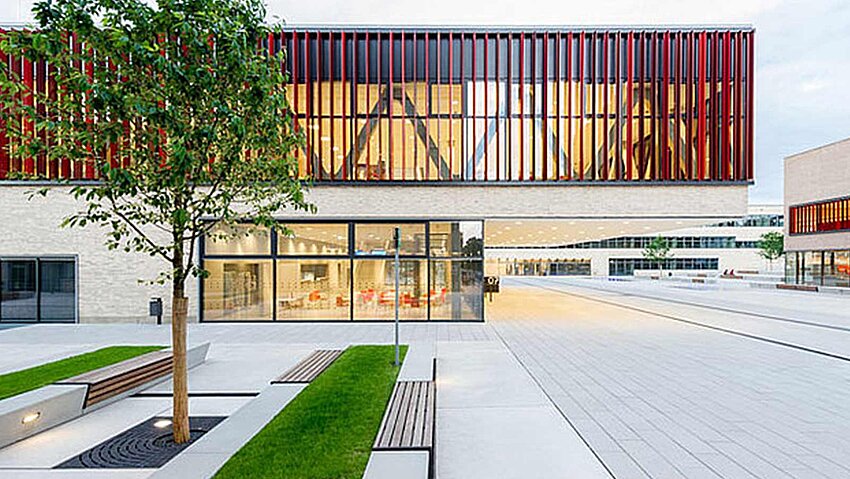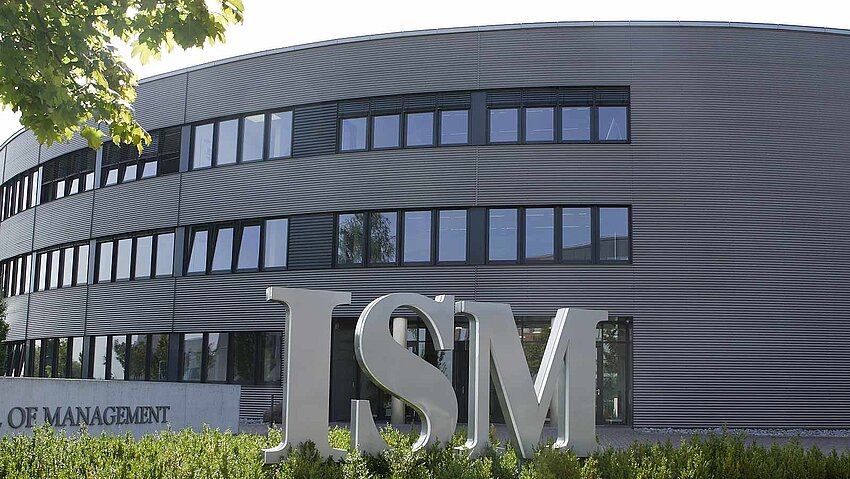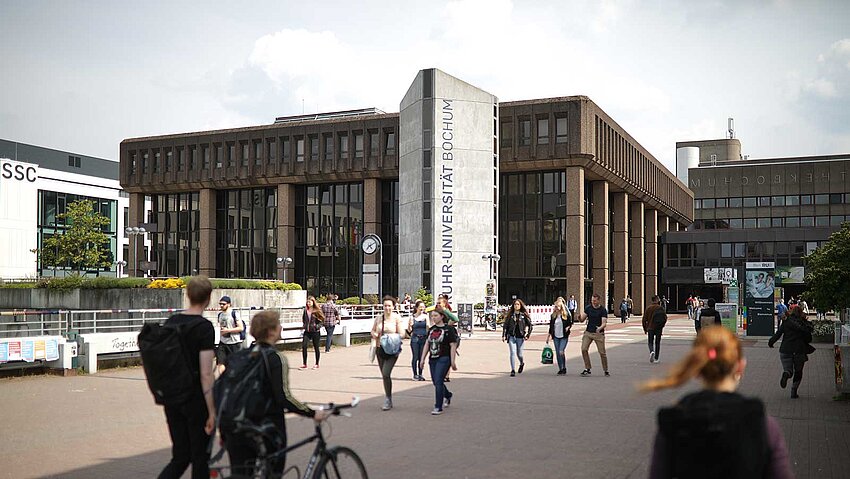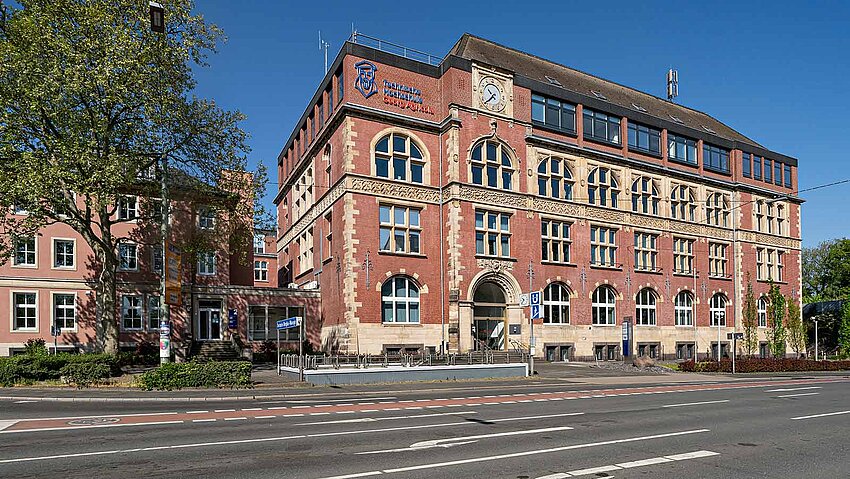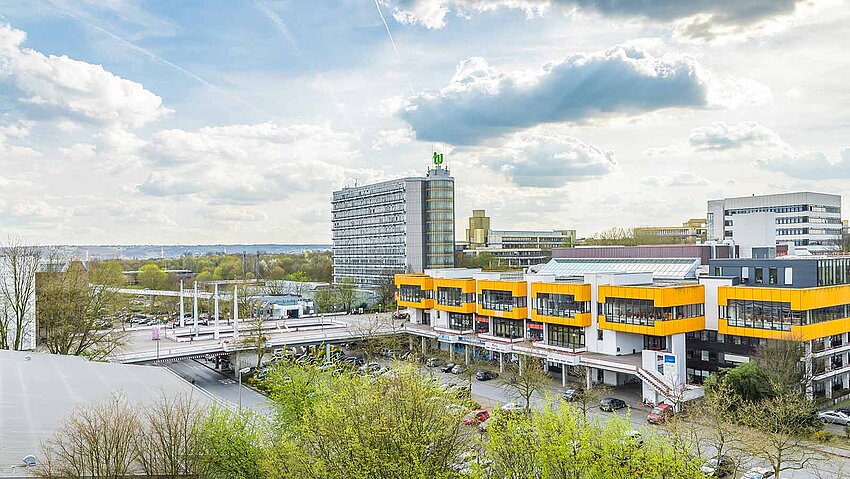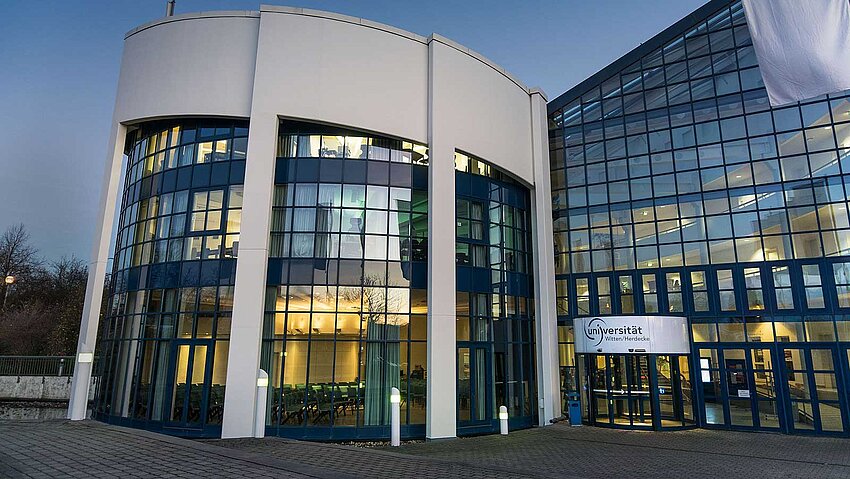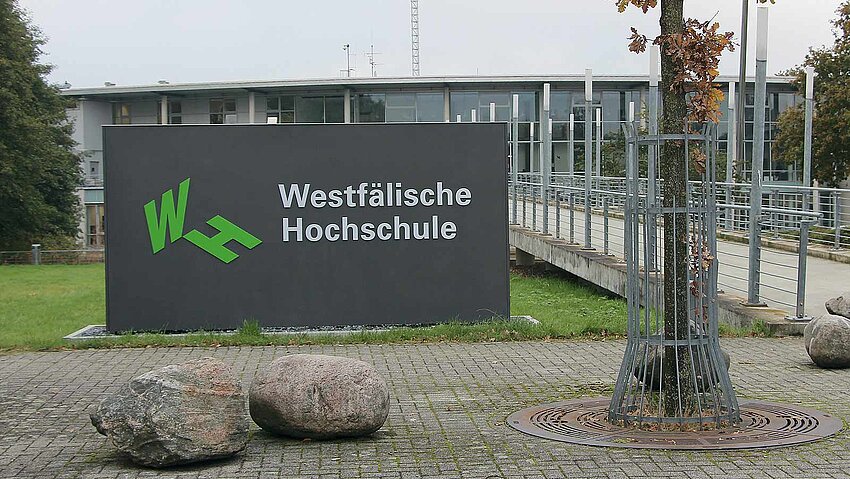When Ruhr-Universität Bochum (RUB) was founded in 1962 as the first university in the Ruhr region, it became the cornerstone for development of the greatest concentration of higher education and scientific institutions in Europe. The vision of transforming the Ruhr region into a location of exceptional scientific activity and research had its genesis in a deliberate decision – one that recognized the central role that science, research, and education have played and continue to play in the transformation of the Ruhr region.
For Anyone Who Wants to Help Shape the Future through Their Work
In addition to playing host to the teaching of STEM subjects such as cybersecurity, logistics, health, and sustainability between the Emscher, Lippe, and Ruhr rivers, the courses of study on offer range from linguistics and cultural studies to law, economics, social sciences, art, and many other fields. Scientists and students, as the experts of tomorrow, can deepen their knowledge by choosing from around 400 courses of study.


